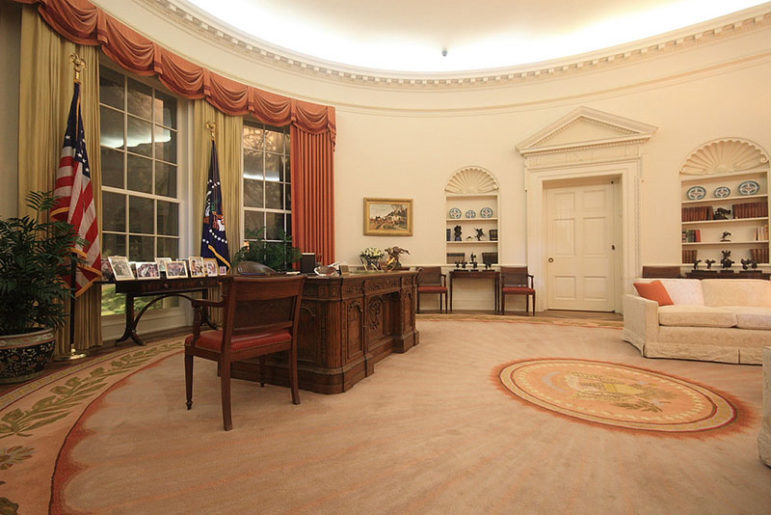
September 17, 2016; NBC News
When this article appeared in September, it made a very small splash. No trending hashtag, no national conversation about the ethics of running companies out of the Oval Office, almost nothing about the potential conflicts of interest inherent in a Trump presidency. On the other hand, and as clearly befits the situation, there has been a lot of conversation about Hillary Clinton’s need to step away from the operations of the Clinton Foundation. So let’s try to even that conversation up from a nonprofit point of view.
“Conflict of interest.” In the nonprofit sector, we know this phrase like our own birthdate. Our board members fill out conflict of interest statements every year. We scrupulously research our vendors to indicate overlap and document it in our financial statements. And, of course, the topic pops up frequently here in the NPQ nonprofit newswire.
For those readers who are unclear, Law.com defines a conflict of interest as:
n. a situation in which a person has a duty to more than one person or organization, but cannot do justice to the actual or potentially adverse interests of both parties. This includes when an individual’s personal interests or concerns are inconsistent with the best for a customer, or when a public official’s personal interests are contrary to his/her loyalty to public business.
It is not just us conscientious, put-upon nonprofits, either; the government is included in conflict of interest requirements through the Ethics in Government Act of 1978. It is meant to bring transparency to any relationships, such as transfer of money and gifts, which would cause an official to be influenced. Officials can fall far afoul of these requirements, such as the recent case of a county supervisor in New York indicted for receiving trips, dinners, and a massage chair from someone contracted to provide food service in the county.
Sign up for our free newsletters
Subscribe to NPQ's newsletters to have our top stories delivered directly to your inbox.
By signing up, you agree to our privacy policy and terms of use, and to receive messages from NPQ and our partners.
But what about the highest office in this country? What are the policies for his or her conflicts of interest? While there is no law that the president must remove himself or herself from their pre-election businesses or careers, the expectation is that the president-elect will put past and present jobs aside and place their assets in a blind trust. For instance, Secretary Clinton has pledged to step away from the Clinton Foundation during her time of service; NPQ writes often about that relationship and the complicated and ongoing process of trying to eliminate actual and perceived conflicts of interest. Hillary Clinton’s husband Bill Clinton and daughter Chelsea Clinton have maintained their foundation leadership positions. Should Hillary Clinton become president, Bill Clinton will resign his position, but Chelsea will continue in foundation leadership.
On the other hand, we hear comparatively little about the privately owned international conglomerate Trump Organization that controls over 500 namesake businesses around the globe. Ivanka Trump has said that a blind trust would be established, with Trump’s three children (perhaps soon to be joined by a fourth) employed as executives by the Trump Organization as trustees. Ari Melber, MSNBC’s chief legal correspondent, brings up “two key legal obligations that impact a president’s business interests.”
A federal law…compels the president to report assets and business activities over the previous year, and a set of federal laws already prohibits government officials from abusing their office for private gain, or using government resources for bribery or extortion.
Trump has demonstrated a business-as-usual style, doing ribbon cuttings for his businesses while on the political stump. Trump has still not willingly released his past federal income tax returns to the public, which could indicate he won’t be reporting his assets and business dealings while in office, either.
The potential conflicts of interest with someone running 500 businesses globally are mindboggling. As nonprofit leaders are aware, conflict of interest regulations include family members as well as the individual. With all the charges back and forth between the candidates and the media, it’s cause for concern that the topic has not risen in a more balanced way.—Marian Conway













